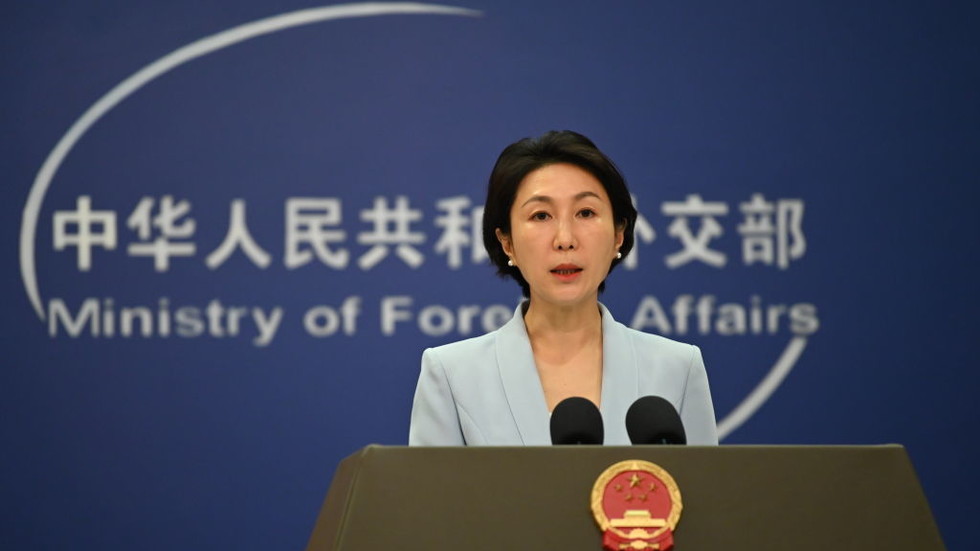In recent statements from Beijing, the Chinese Foreign Ministry emphasized that China has never supplied lethal weapons to either Russia or Ukraine. This declaration came in response to increasing tensions surrounding the conflict and subsequent accusations from the United States alleging that Chinese companies were involved in supplying military components to Russia. Specifically, a Chinese Foreign Ministry spokesperson, Mao Ning, reinforced that China maintains strict control over its export of dual-use goods, including drones, and opposes their military usage. This insistence on non-involvement in lethal weaponry aligns with China’s foreign policy that promotes non-interference and peaceful resolution of conflicts.
The context for this assertion arose after the U.S. Treasury Department imposed sanctions on two Chinese firms accused of producing drone engines and parts that allegedly assist Russian military operations in Ukraine. These sanctions mark a significant step, as they represent the first instance of the U.S. targeting Chinese entities purportedly involved in developing complete weapons systems in collaboration with Russian firms. Such measures indicate the strained relations between Washington and Beijing, particularly regarding the ongoing war in Ukraine, which has become a focal point for geopolitical maneuvering.
Mao Ning described the U.S. sanctions as “illegal” and “unilateral,” pointing to a broader narrative that Washington is unfairly pressuring China regarding its military support for Russia. Alongside this statement, Liu Pengyu, a spokesperson for the Chinese embassy in Washington, criticized the U.S. for what he termed as “false accusations.” He highlighted a perceived hypocrisy in U.S. policy, contrasting its military support to Ukraine with its criticisms of China’s trade relations with Russia. This rhetoric illustrates the complex dynamics at play as both superpowers navigate their interests in the context of the Ukraine conflict.
The sanctions imposed by the U.S. are part of a larger strategy to curb military assistance to Russia and contain its influence. However, China’s firm stance against supplying lethal weapons and its recent move to ban the export of civilian drones for potential military use seem to signal a commitment to maintaining a non-combatant role in this geopolitical crisis. This approach could be seen as an effort to enhance its diplomatic standing while simultaneously managing economic relations with both Russia and the West.
Additionally, Russian President Vladimir Putin has indicated intentions to significantly ramp up domestic drone production, potentially ten-fold, signaling Russia’s urgency to bolster its military capabilities amid ongoing conflict. This announcement raises questions about the future landscape of military drone technology and the implications of various countries’ actions in this realm. As both Russia and Ukraine are engaged in increasingly tech-centric warfare, the demand for advanced drone systems is likely to escalate, thereby shaping the international arms market and influencing strategic alliances.
As developments continue to unfold, Beijing’s insistence on a non-lethal role in the Ukraine conflict and the U.S. sanctions targeting Chinese companies reflect the mounting pressure and scrutiny in international relations. The intricacies of trade, military support, and the geopolitical narratives surrounding this conflict underline the need for diplomatic engagement. The approach both Beijing and Washington take moving forward could define future interactions globally, not just in the context of the Ukraine war but in larger strategic considerations impacting multiple regions.

